
While most pupils are trying to improve their English, language is never an issue.
"Music is rhythm and pattern so it's the rhythm that sticks with them. They learn the singing really fast," Gilbertson says.
"In the United States, it was so performance-based. It was always about singing for the public. I was burned out from teaching in very small rural American schools where ensembles had to perform four nights a week. Students didn't seem to have enthusiasm for learning," says Gilbertson.
"I thought that I needed a revival of sorts because if my students were not enthused then maybe I wasn't helping them the best way I could. So I decided to take a year off and try something completely different then go back and bring new ideas to my old classroom.
"Here I get to teach composition, which is something I've never had the chance to explore before."
It took around three years to really accept the Primary Years Program (PYP) teaching methods, she says.
PYP stresses inquiry-based lessons and lets students take a very active role in their own learning."It is not memorizing notation symbols, theory and composers but rather using their skills and talents to explore," she says.
"It's so good to be able to see children make sense of music and then play it," she says, adding that the music rooms in Suzhou are very different from those in South Dakota.
"Here the kids actually want to work. They are serious and dedicated and want to improve their skills. It's very much about making sure the teacher and parents are happy. Most importantly, it's about them wanting to learn more and achieve more. These children still place so much value on praise from the teacher."
Outside of the classroom, Gilbertson was recently inspired by a young Chinese woman who said she wanted to learn English so she could teach English and other subjects to disadvantaged children in poor remote schools.
Gilbertson was inspired.
Now she and fellow expat teachers along with local Chinese businessmen are working to launch an initiative that would take English into some of the poorest provinces.
"I want to help teach English to he poorest people in this country. We want to find teachers to go out and live in harsh conditions and take their skills with them," she says.
After training, the teachers would be sent to a rural school for one year.
When Gilbertson arrived and taught English in her first year, she met some students from western China who were enrolled in boarding school.
"I remember how they would never go home during the holidays and I learned of the poor conditions they came from," she says, adding that they came from places with little transport, little food and water and limited electricity. Their parents invested a lot to send the children to school for opportunities they never had.
"This was their life before coming to Suzhou and this made my heart sad," she says.
Gilbertson says she is now trying to set up a foundation and get both expat and local Chinese English teachers linked up with provincial schools.
"These remote schools have barely the basics and we have set out to change that, one school at a time," she says. "We want the rural children of China to have more opportunities in education and discover the joy that comes from learning."
Age: 47
Nationality: American
Profession:
Music teacher
Strangest sight:
A guy carrying two refrigerators on a pedal bike on a busy street.
How to improve Suzhou:
The infrastructure seems unable to handle all the cars that are out there now. Also, it's important to have green spaces like parks.
Advice for newcomers:
Embrace the whole culture. You are here and it is not your home so enjoy it. Don't try to make China or Suzhou a replica of where you came from. It doesn't work.
Motto of life:
Life is a gift you have been given. Share yours with others.
Q: Favorite dish?
A: A lot of food is so different from what I had in the farm country of South Dakota. It's hard to pick one, but I really like dumplings and hotpot.

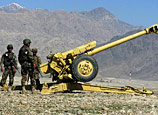

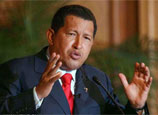
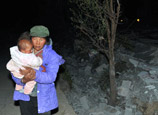

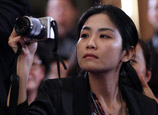


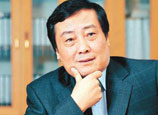







 Missing baby killed in Changchun
Missing baby killed in Changchun


![]()
